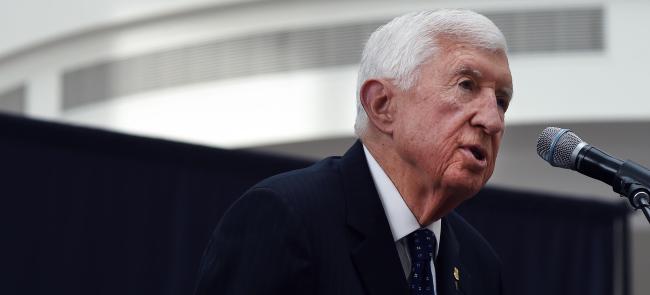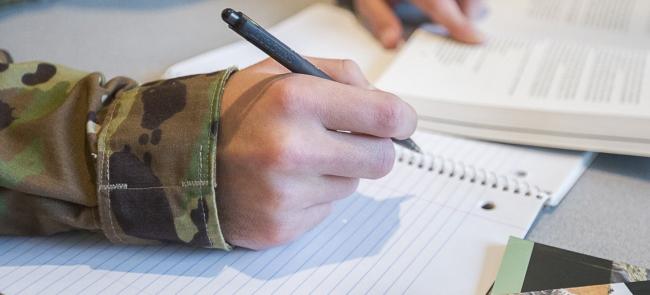The deputy Army chief of staff – intelligence says the National Guard is crucial to the military’s information gathering.
Lt. Gen. Laura A. Potter adds the Guard’s State Partnership Program provides valuable knowledge helping counter U.S. rivals like China and Russia.
“I just want to say what an extraordinary believer I am in the State Partnership Program,” she said during the 144th General Conference & Exhibition in Columbus, Ohio, Sunday.
“Through your state partnerships, your teams are the eyes and ears working with our allies and partners,” Potter continued. “We learn an incredible amount from you.”
Potter warned potential threats like China might exploit social media to spy on America’s soldiers.
“There’s so much commercial collection at our disposal and at our adversaries’ disposal,” she said of social media data.
“In a high-end fight, if they use their phones like they’re using them now, they can be tracked,” Potter admitted of American troops.
Potter acknowledged restricting social media across the country's armed forces might frustrate personnel.
Take TikTok, which has become widely used by younger soldiers despite concerns about how the Chinese company that owns the platform handles user privacy.
“It has a potential aspect on the morale and cohesion of a unit when you take away something they’re used to having,” she argued. “I think that’s going to be a real hard challenge.”
In recent months, China’s rhetoric about Taiwan, an island it claims, has become more heated.
Russia invaded Ukraine in February, escalating tensions in Europe to the highest point since World War II.
Responding to an audience question, Potter recommended a book about Russian President Vladimir Putin.
"I have a long Russia reading list," she said. "One book that I recommend - which is just a little bit dated - before he became president the first time in 2000, he wasn't very well known, so a couple of biographers read a book on him called First Person."
"I think that book really helps you understand his thinking in terms of really wanting to roll back decisions that were made in the late 80s and 90s," Potter said of Putin.
Potter speaks Russian and has extensively studied the country, boasting a MA in Russian and Eastern European Studies from Georgetown University and a BA in Russian and Spanish from Dickinson College.
In 1993, the Guard launched the SPP to pair Guard entities with ally and partner militaries worldwide.
For example, California linked with Ukraine as a SPP charter member that year.
Today, the SPP features 85 partnerships between 93 nations and the Guard’s 54 American states and territories plus the District of Columbia.
The latest National Defense Strategy describes China as a pacing threat and Russia as an acute risk.
Potter proposed the SPP could assist with addressing both nations.
“The value of what you do through the State Partnership Program, part of that is just our presence as the U.S. military in places China is operating,” she said.
“Every single engagement we do with a country where China or Russia is in that space is a tremendous contribution to readiness,” Potter concluded.
- By Mark Hensch











